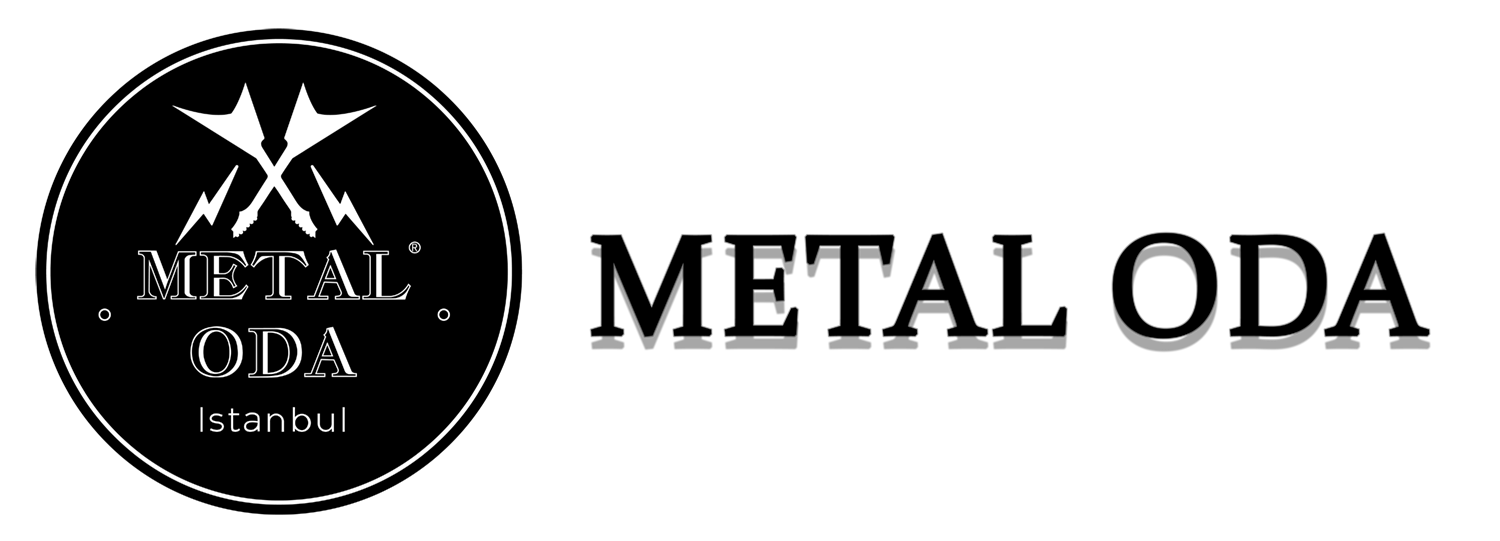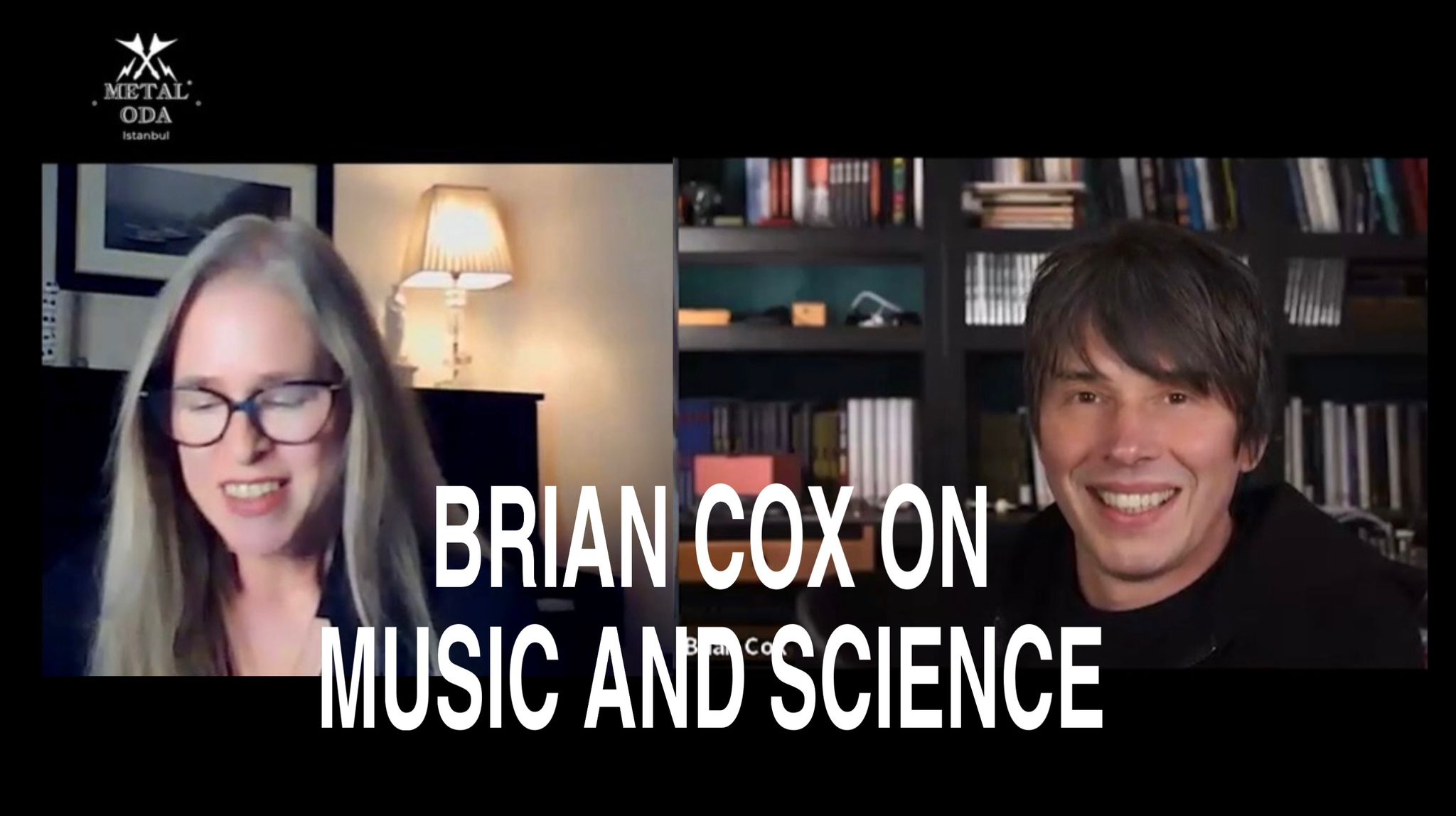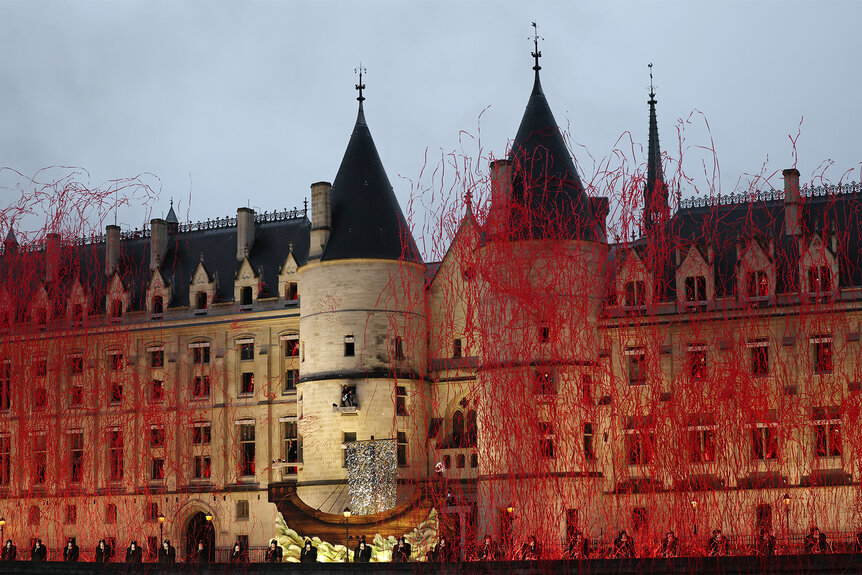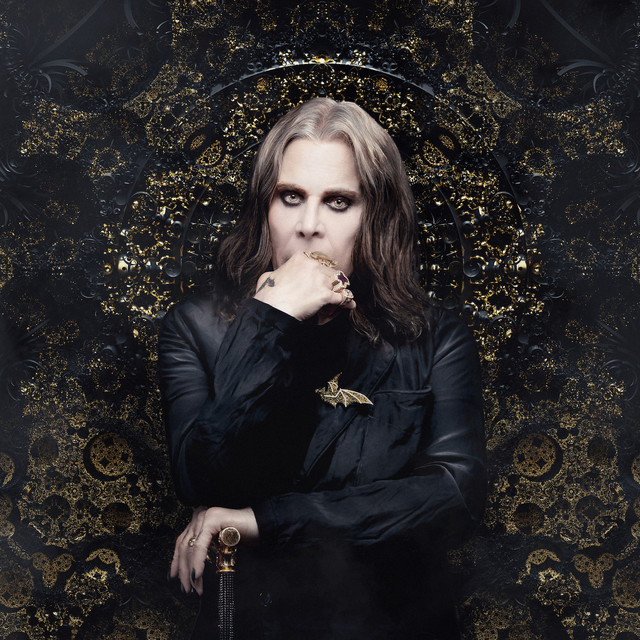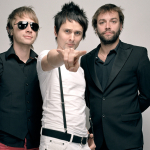Muse and Metal Music: The Surprising Overlap You Need to Know
In 2025, there is an explosion of metal bands scheduled to perform concerts in our country: from Gojira to Avenged Sevenfold, from Guns N’ Roses to Manowar, it is practically a metal overload. Rock and metal enthusiasts, who are trying to process all these concerts while also considering their budget, now find themselves caught in discussions about whether Muse will also come to Turkey. Well, it is the perfect time to explore why the metal community loves the band Muse so much.
About Muse First
Founded in 1994 in the town of Teignmouth, England, Muse is a band known for its flamboyant sound, powerful riffs, and futuristic themes. The trio of Matt Bellamy (vocals, guitar, keyboards), Chris Wolstenholme (bass guitar), and Dominic Howard (drums) achieved great success with albums such as Origin of Symmetry (2001), Absolution (2003), and Black Holes and Revelations (2006). By blending alternative rock, progressive elements, electronic, and classical music influences, Muse has become one of the most innovative bands that bridge different genres.
Although Muse is not defined as a metal band, musically and thematically, it has many overlapping features with metal music. That is precisely why it has a large fan base among metal music listeners.

“Heavy” Riffs and Virtuoso Guitar Influences
One of the elements that bring Muse closest to metal music is Matt Bellamy’s guitar style. Songs like Stockholm Syndrome, Reapers, and Plug In Baby contain fast riffs, powerful distortion tones, and solos reminiscent of Metallica and Iron Maiden, while also drifting into Radiohead’s experimental, alternative, and ambient territory. The drop-tuned guitars and aggressive riffs in tracks such as Psycho and Assassin are not at all different from those found in metal songs and albums.
Dystopian Darkness and Post-Apocalyptic Themes
Like many metal bands, Muse explores dark, dystopian, and philosophical themes. For example, the albums Absolution and Drones address subjects such as government control, war, rebellion, and existentialism, resembling the lyrics and storytelling approach of bands like Black Sabbath, Tool, and doom metal groups. Additionally, the operatic and theatrical style of the band, its depth in storytelling, and progressive elements align with progressive metal bands such as Dream Theater and Opeth.
Metal and Progressive Rock Influences
Although Muse draws inspiration from many different genres, the influences of hard rock and metal music in the band’s sound are clearly audible. Matt Bellamy’s guitar technique is particularly inspired by Tom Morello of Rage Against the Machine, who is known for his innovative use of pedals and riff style. Muse’s use of the whammy pedal, delay effects, and groove-heavy riffs reflects a similarly experimental approach to that of Morello.
Bellamy has also admitted that he was influenced by the early riffs of Metallica. Songs like Stockholm Syndrome and Dead Star, featured on the albums Origin of Symmetry and Absolution, respectively, incorporate fast picking techniques, powerful power chords, and aggressive solos that bring a thrash metal feel to their music.
However, in our opinion, the influences on Muse’s music are not limited to metal alone. The band has also been significantly influenced by progressive rock giants such as Rush, Queen, and Pink Floyd. In particular, Queen’s large-scale, operatic vocal style and multi-layered harmonies manifest themselves in the dramatic song structures of Muse.
In their 2015 album Drones, Muse leaned towards a heavier and more intense tone. Songs such as The Handler and Reapers showcase raw distortion tones, heavy riffs, and energetic solos, proving how much they explore the borders of metal music.

(Matt Bellamy’s guitar technique is one of the key elements that bring Muse closer to metal.)
Why Do Metal Music Fans Love Muse?
Although Muse is classified as an alternative rock band, their technical skills, high energy, and rebellious spirit have placed them on the radar of metal music listeners.
In fact, in our opinion, one of the biggest reasons for this crossover effect (speaking of crossover, this is a specialty of Metal Oda) is the band’s live performances. Muse concerts, with their high-energy stage shows, massive sound walls, and theatrical performances, offer an experience that excites the audience—just like the concerts of metal giants such as Rammstein and Iron Maiden. The distortion-heavy bass lines, long and satisfying guitar solos, and explosive drum parts make Muse’s stage performances as exhilarating as metal concerts.
Of course, attention should also be drawn to the stylistic transitions in Muse’s music. These transitions bear a strong resemblance to the time signature changes, shifts in mood and tempo, and dynamic variations that are characteristic of progressive metal bands. Knights of Cydonia, with its fusion of progressive rock, power metal, and space rock, belongs to the same musical universe as artists like Devin Townsend and Dream Theater.

Muse has also directly engaged with the metal music world at times. For example, their cover of Nirvana’s “Lithium” took on an even more metal-like sound, with heavier distortion compared to Nirvana’s grunge style. In live performances of their own songs, they incorporate riff-heavy breakdowns and extended guitar solos, making their songs sound even more metal than their studio versions.
Muse may not be a traditional metal band, but with their heavy riffs, cinematic storytelling, and progressive structures, they have successfully built a unique bridge between alternative rock, progressive rock, and metal music. They have blended the British style and elegance into their signature sound perfectly. We eagerly await the confirmation of their concert here, in Turkey.
All rights reserved. Quotations without reference is forbidden.
(All photo copyrights belong to copyright owners)
